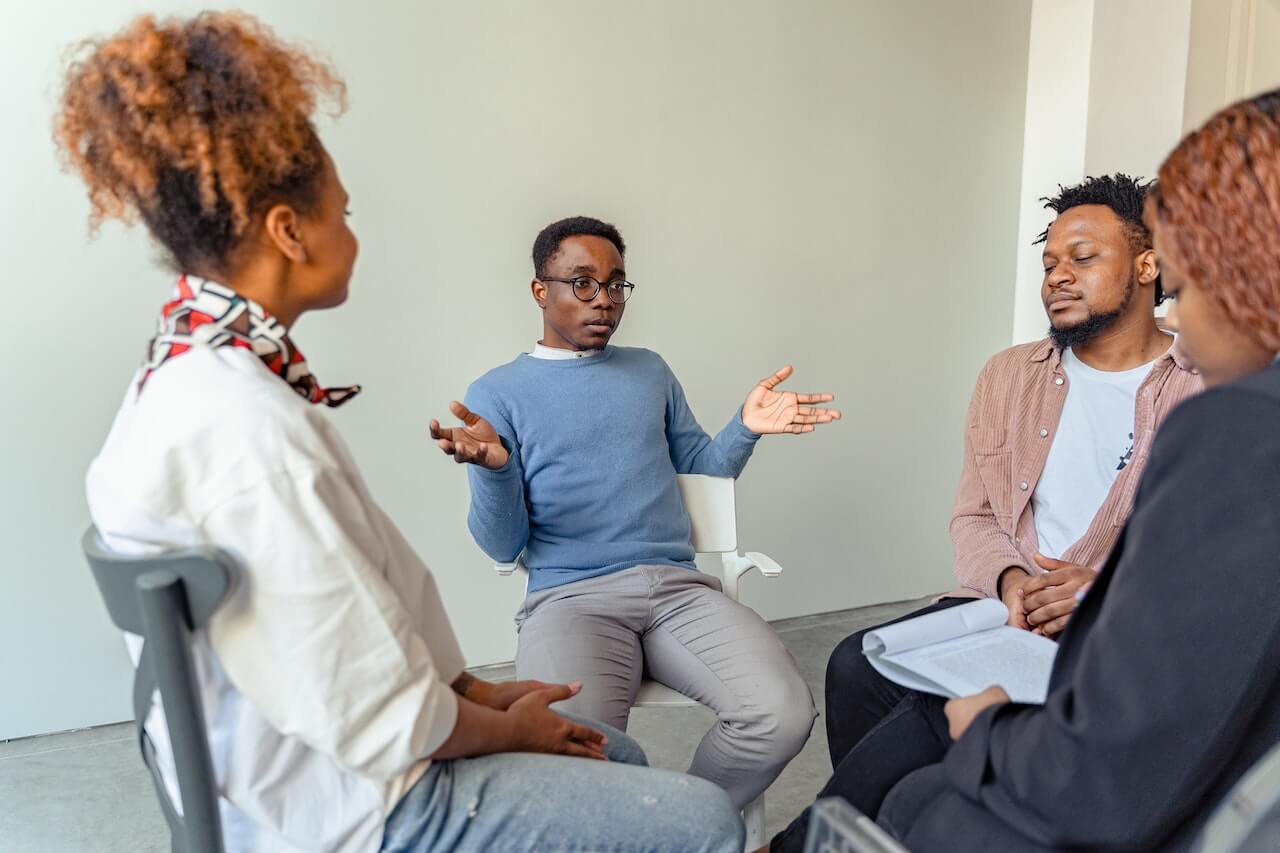What is active listening and how is it different from regular listening?
Most people are familiar with the act of listening, but active listening is a different skill altogether. Whereas regular listening is simply hearing what another person is saying, active listening involves taking the time to understand the message being conveyed, as well as the feelings behind it. This type of listening is often used in therapy, as it can help to build trust and rapport between therapist and client. To actively listen, one must be present and engaged with the conversation, while also paying attention to body language and other non-verbal cues. It can be difficult to do, but active listening can be a powerful tool for building relationships and resolving conflict.
How to practice active listening in your everyday life
One of the most important skills that you can learn is active listening. Active listening is a way of communication where the listener makes a conscious effort to understand, interpret, and respond to the speaker.
This type of listening requires attention and concentration. It is different from passive listening, where the listener does not interact with the speaker. Passive listeners may still hear and understand the speaker, but they are not actively engaged in the conversation.
There are many benefits to active listening, including improved communication and strengthened relationships. In therapy, active listening is used to help people understand their thoughts and feelings. It can also be used in everyday life to improve your interactions with others.
When you are actively listening, you should make eye contact with the person speaking, avoid distractions, and provide feedback to show that you are understanding what is being said. You may also want to paraphrase what the other person has said to ensure that you have correctly understood their message. Active listening takes practice, but it is a valuable skill that can help you improve your relationships and communication skills.
Examples of active listening in action
Active listening is a communication technique that involves paying close attention to what the other person is saying, asking questions as needed, and restating important points to ensure understanding. This type of listening is crucial in personal relationships, as well as in professional settings such as doctor-patient interactions, teacher-student conferences, and business negotiations. Active listening can be difficult to master, but the effort is often worth it, as it can lead to improved communication and mutual understanding.
One example of active listening in action occurred during a heated discussion between two friends. One friend was upset about something, but her friend was having trouble following the rapid-fire stream of consciousness. However, instead of interrupting or trying to steer the conversation in a different direction, the second friend simply listened patiently and asked clarifying questions when appropriate. As a result, she was able to understand her friend's concerns and offer condolences and support.
In another example, a young man was struggling in his math class and went to his teacher for help. The teacher could have simply told him what he needed to do or given him a list of practice problems. However, she took the time to listen to his explanation of the concept he was struggling with and then asked him questions to identify any gaps in his understanding. She then explained the concept differently and offered additional resources for practice. As a result of this active listening interaction, the student left feeling confident that he could complete the assignment.
Active listening can be challenging, but it is often worthwhile, as it can lead to greater understanding between people. By taking the time to truly listen to others, we can build stronger relationships and achieve our goals more effectively.
The importance of communication in relationships
Communication is one of the most important skills that you can have in a relationship. It allows you to share your thoughts, feelings and needs with your partner in a way that they can understand. It also allows you to resolve conflict and build intimacy. Without communication, relationships tend to suffer from misunderstandings, resentment, and even abuse. If you're having trouble communicating with your partner, therapy can be a great way to improve your communication skills. Therapy can help you learn how to express yourself healthily and how to listen to your partner's needs. Therapy can also help you learn how to resolve conflict without resorting to violence or hurtful words. If you're willing to put in the work, therapy can help you build a stronger, healthier relationship with your partner.
Through this blog post, we hope you have learned about the definition of active listening, its benefits, and how to implement it into your daily life. If you would like to explore these topics further to improve your communication skills, consider booking a free therapy session with one of our skilled therapists. Active listening is just one tool that can be used to improve relationships; at Talked, we prioritize helping people build fulfilling connections with others.
Essential Reading
Recommended Therapists Available Now
NSW
Clinical Psychologist
I'm qualified as a Clinical Psychologist and I work with a deep respect for the transpersonal. At the heart of my work is an invitation to explore our inner nature and th...More
NSW
Psychologist
I am a thoughtful and compassionate clinical psychology registrar. I have a strong interest in working with adults and adolescents navigating trauma, personality and rela...More
VIC
Psychologist
Hi, I'm Jayme! I am a registered psychologist with a passion for helping individuals navigate life's challenges. I have experience working with a diverse range of people ...More








